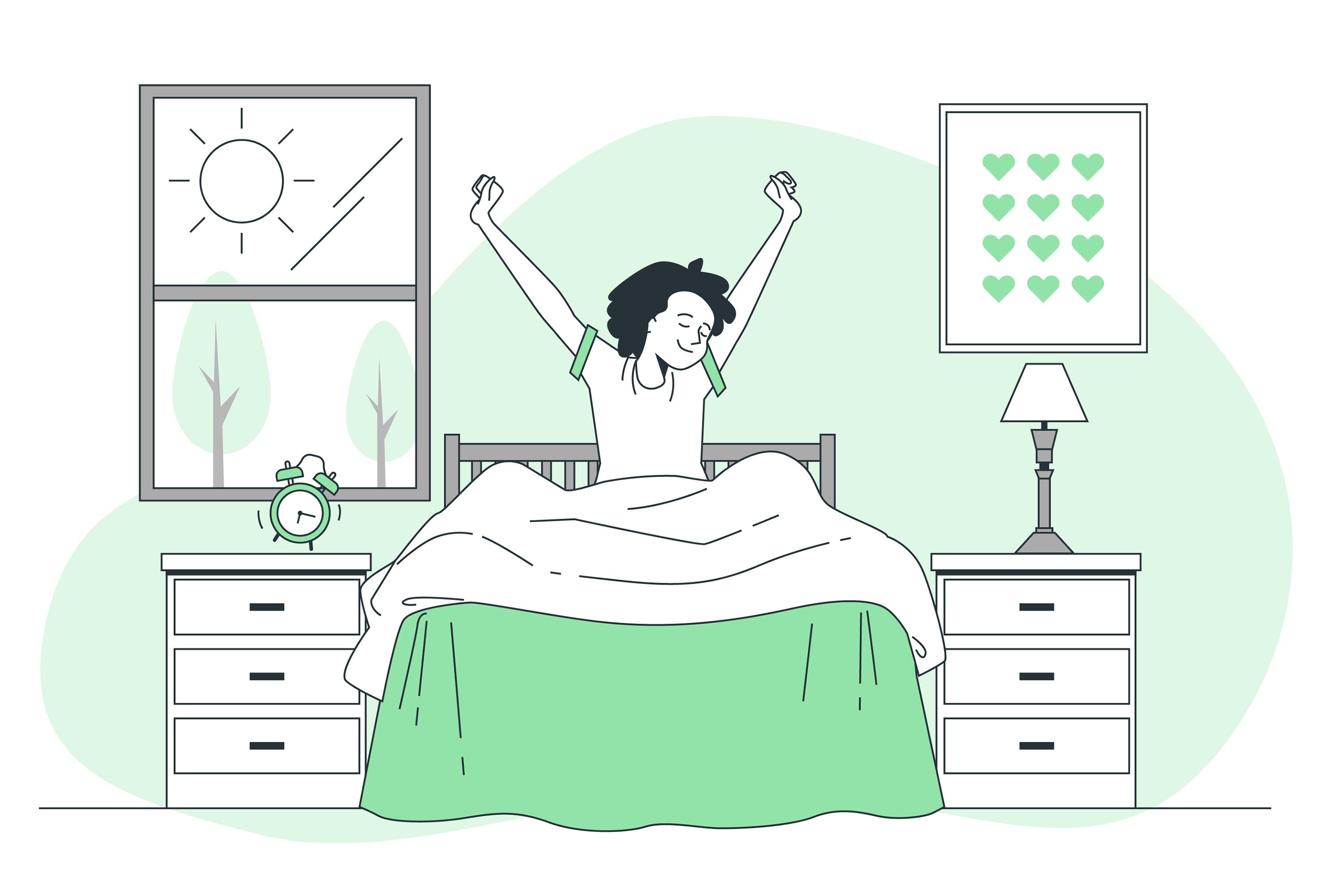How much sleep do you get every day?
You often neglect your sleep schedule, but getting enough sleep is crucial for your health.
The quality and quantity of sleep you get affects almost every system of your body. It also affects metabolism and psychological functions.
Your sleep is dependent on some factors like your work schedule, social life and family responsibilities. Knowing the amount of sleep you need to function at your best can help you determine when to go to bed since you already know when you need to wake up.
How much sleep do you need?
Now you know the importance of sleep, the next question that arises in your mind is how much sleep time should you get to function well.
A simple yet misunderstood answer to this is: It changes throughout your lifetime.
The American Academy of Paediatrics and the Centers for Disease Control and Prevention (CDC) offer these general guidelines for different age groups:
Sleep guidelines by age:
- Birth to 3 months: 14 to 17 hours
- 4 to 11 months: 12 to 16 hours
- 1 to 2 years: 11 to 14 hours
- 3 to 5 years: 10 to 13 hours
- 6 to 12 years: 9 to 12 hours
- 13 to 18 years: 8 to 10 hours
- 18 to 64 years: 7 to 9 hours
- 65 years and older: 7 to 8 hours
The above data sets are general guidelines, while always keep in mind that sleep may vary from person to person even in the same age group. How do you feel when you wake up matters a lot. It is possible to feel fresh and energised after 7 hours of sleep, while other times, because of too much work, you may need 9 hours of sleep as well.
Why is sleep important?
Sleep is crucial for your good health and well-being. When you sleep, your body is working to support healthy brain function and maintain your physical health. Quality and quantity of sleep affect your circulatory system too. People who do not sleep enough have a higher chance of getting hypertension, coronary heart disease obesity and stroke.
Sleep is the best time when your body regulates different hormones. Your body makes most of the hormones when you sleep. As soon as you wake up, your body releases cortisol hormones that promote alertness. Sleep deprivation leads to metabolic syndrome, higher levels of leptin and ghrelin that control hunger etc.
Your immune system is also affected by sleep, with different parts of it becoming more active during different times of the day. During sleep, specific kinds of immune cells become more active. Therefore, people who don't sleep enough may be more likely to get colds and other infections.
What are the consequences of sleep deprivation?
Not getting enough sleep is a major concern for many people. People with high workloads and life challenges face sleep deprivation. Poor quality of sleep or sleep deprivation affects you in the following ways:
- Headache
- Drowsiness
- Dark circle
- Depression
- Low immunity
- Changes in weight
- Chronic inflammation
- Fast ageing
- Anxiety disorder
- Bipolar disorder
- Feel frustrated and irritated




